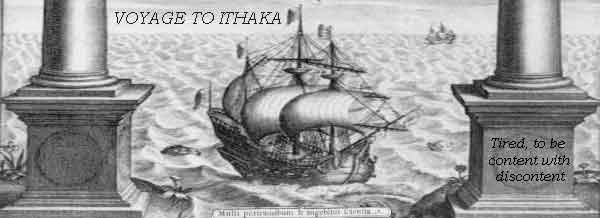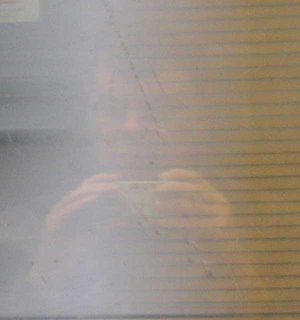"Reason is your superstition"
Golden Hair,
I heard you singing
In the midnight air.
My book is closed,
I read no more...
 Tom Stoppard's new play Rock 'n' Roll. A fascinating, sometimes uncomfortable, evening in the theatre. From the Prague Spring to the Velvet Revolution, we follow an ageing Marxist in Cambridge and young dissidents in Prague. Musically we follow Syd Barrett in the UK and the Plastic People of the Universe (who are in the photo above) in Czechoslovakia.
Tom Stoppard's new play Rock 'n' Roll. A fascinating, sometimes uncomfortable, evening in the theatre. From the Prague Spring to the Velvet Revolution, we follow an ageing Marxist in Cambridge and young dissidents in Prague. Musically we follow Syd Barrett in the UK and the Plastic People of the Universe (who are in the photo above) in Czechoslovakia.In my youth I loved Stoppard, while always feeling that the wonderful wit of, for example, Professional Foul, rather obscured any more serious content. Perhaps that was a reflection of my younger self rather than than a fair criticism. But certainly his recent work uses the same devices, the structural parallels and echoes, to entertaining but deeply serious effect.
A deeply depressing first half led to what was (for me, unexpectedly) an optimistic ending (my favourite character even gets the most interesting woman). But it was nevertheless an enthralling examination of one's political actions and inactions over the last thirty years (and the reaction of the, mainly middle-aged, audience suggested I wasn't alone in finding personal resonances with the on-stage events.)
How does one live under an oppressive government? Stoppard presents two friends, Jan and Fredinand, and indirectly the example of the Plastics.
How does one cope with the realisation that one's core beliefs are flawed?
Today's Britain subjects us to monitoring of individuals on a scale the Soviets could only have dreamt of. Our daily life is recorded in enormous detail. Meanwhile as a nation we are engaged in disastrous military operations which have led to hundreds of thousands of civilian deaths and which will inspire a generation of terrorists. Public services prioritise generating favourable headlines for ministers rather than quality of healthcare and education. And the crisis of global warming has yet to prompt any serious action by our leaders.
We have a government which announces a clampdown on bribery and shortly afterwards, without apparent embarrassment, abandons an investigation into corruption because it was apparently against the national interest. A corrupt senior government minister uses his position to do favours for his girlfriend. Nobody seriously believes the investigation into corrupt selling of political honours is going to lead to anything more than scapegoating of low-level officials.
No doubt there was similar corruption in pre-Thatcher Britain: my youthful naivety may have blinded me to it. But it certainly wasn't accepted as it is now. Those found to be corrupt were, genuinely, disgraced, rather than welcomed into lucrative media jobs. War was something to be avoided, rather than a difficult but necessary choice which ensured our beloved leader's place in history. The weak and underprivileged were to be helped, rather than scapegoated as potential terrorists. The government was to stand up for fairness and justice, rather than seek to raise public opinion against vulnerable minorities.
And what do I do about it? I pay my taxes and quietly get on with my life.



0 Comments:
Post a Comment
<< Home